Business leaders slam federal budget as irresponsible
Labor’s pre-election budget has failed to hit the mark and senior business leaders such as Wesfarmers chief Rob Scott say it was a missed opportunity to boost productivity.
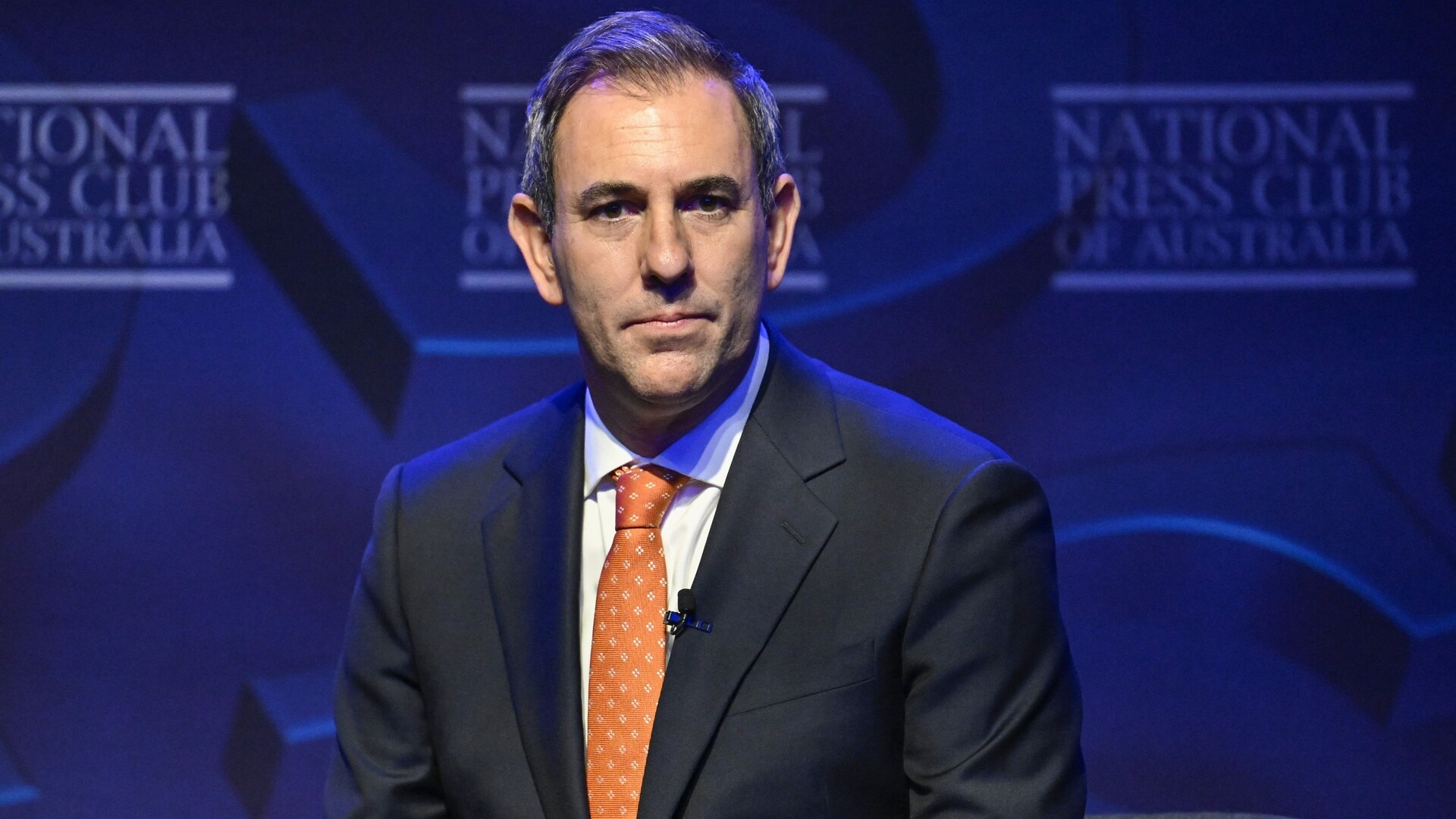
Business
Don't miss out on the headlines from Business. Followed categories will be added to My News.
Chief executives and company directors have delivered a sharp critique of Labor’s pre-election budget, slamming the prospect of a decade of deficits and a failure to push ahead with substantive policy reform.
Jim Chalmers’ fourth budget was headlined by 10 years of deep deficits, multibillion-dollar sweeteners for middle Australia voters in battleground electorates, $648m in Medicare exemptions for a million low-income earners and minimalist tax cuts.
Senior business leaders told The Australian they were concerned over federal Labor’s lack of vision in stimulating the economy and missed opportunities to unlock growth.
“While the federal budget tries to address some of the most critical issues facing households, such as rising costs of living, it does this through symptomatic relief rather than addressing the root cause of the problems and driving sustainable outcomes,” Wesfarmers chief executive Rob Scott said.
“Change and reform are hard, but the need for change is becoming more urgent if we are to address declining productivity and living standards.”
Wesfarmers is one of the country’s largest private sector employers, with low-cost retail businesses Kmart, Target, Bunnings and Officeworks.
Mr Scott said changes to galvanise the economy must be made irrespective of who prevails at the looming federal election.
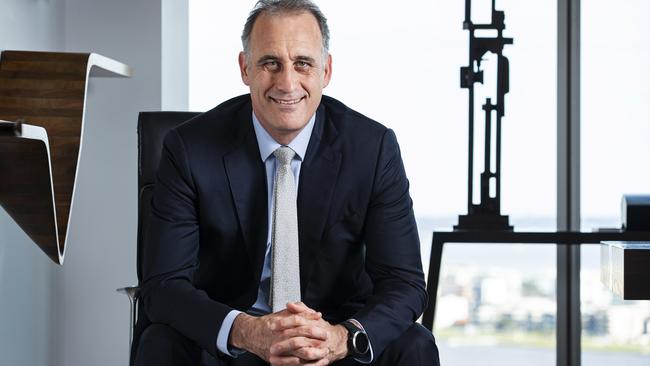
“All sides of politics should recognise that reform must become a priority in the next term of government,” Mr Scott said.
The Treasurer faced criticism after delivering his fourth budget over a decision to put immediate political fixes and deficits ahead of structural reforms and pulling back on record spending.
Graham Bradley, a prominent director and chairman of Infrastructure NSW, said he was dismayed by budget decisions: “A decade of budget deficits is irresponsible at this time in the economy,” said Mr Bradley, who was speaking in a personal capacity. He added the Australian economy was currently underperforming.
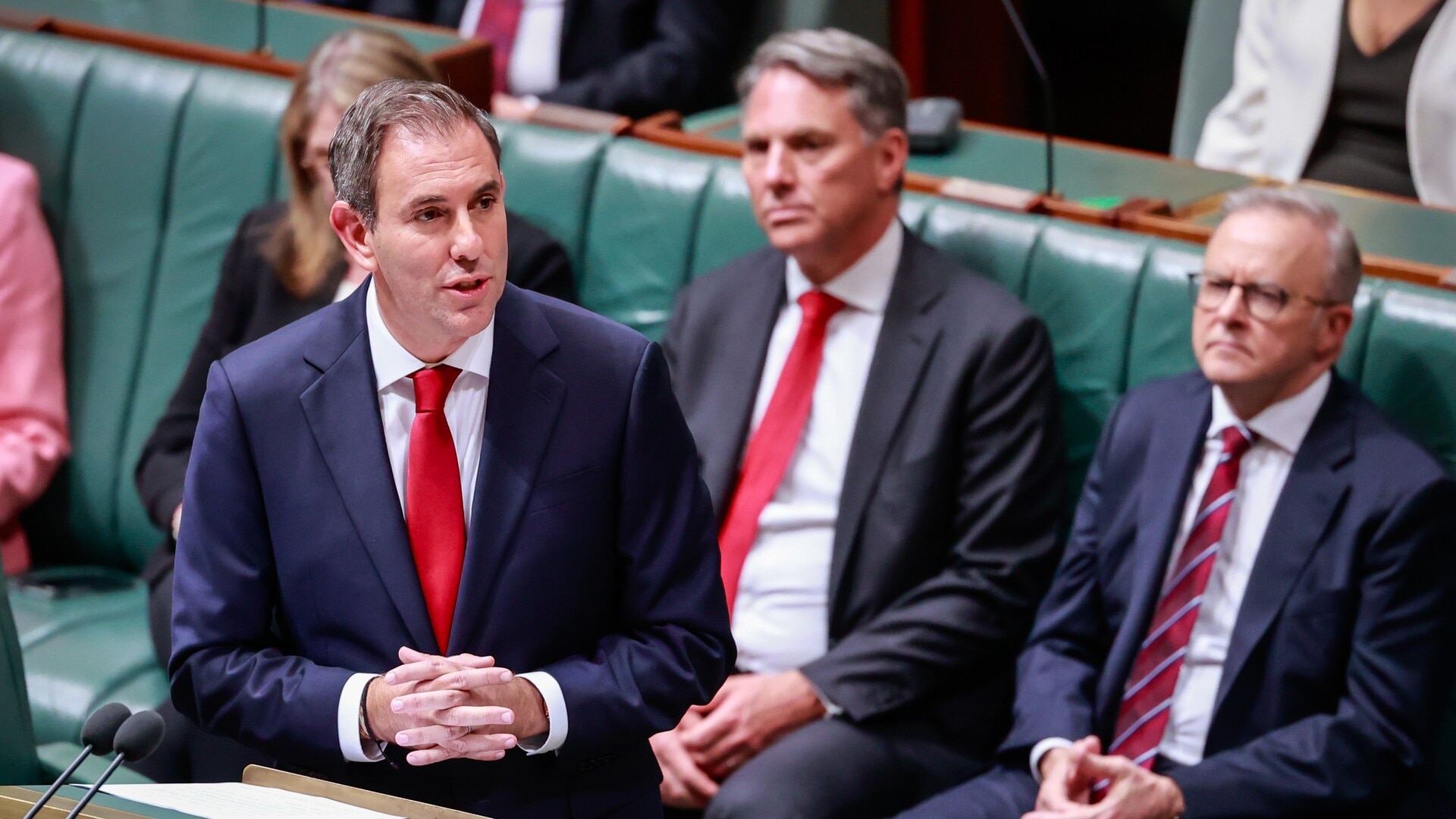
The budget papers showed business investment falling due to sluggish mining growth. A near-term fillip in company tax receipts would be short-lived amid the heightened anxiety of a global trade war.
Diane Smith-Gander, who chairs buy now, pay later group Zip Co, said she was concerned by the lack of vision shown by federal Labor and poor economic management.
“This is a budget that fails to address the long-term challenges facing Australia,” Ms Smith-Gander told The Australian. “We all know that structural deficits don’t come free. This is going to have to be paid for … We were able to push down our interest bill for a while, but now it’s growing again, and it’s growing greater than the economy is growing. Opening the door in that way is really not sustainable and I think it’s very bad economic management.”
Dr Chalmers presided over the biggest deterioration in the country’s underlying cash balance outside Covid and the Global Financial Crisis, with a $43bn plunge into the red from a surplus last year.
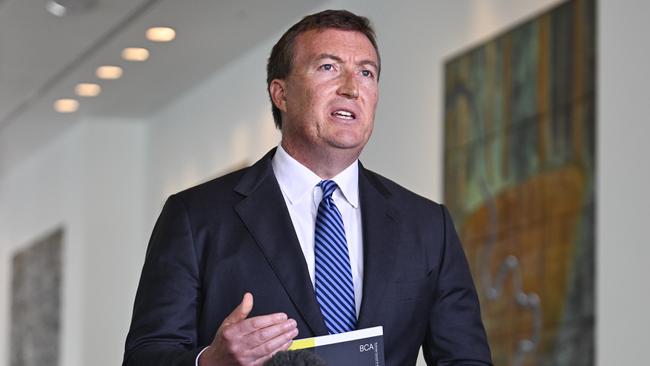
Mr Scott has been vocal in calling for bold productivity-boosting reforms to be put back on the national agenda, to build a more dynamic and competitive economy.
The Wesfarmers chief has been worried sagging productivity will be a direct hit to living standards and add to sticky inflation, and as living standards are eroded, this threatens to fundamentally test the social cohesion of the nation.
He said on Wednesday that given uncertainties and risks with the global economy and geopolitics it had “never been more important to ensure the Australian economy is in good shape”.
“We need to reduce the costs of government and reduce red tape to support business investment and job creation. This will help make Australia more productive and competitive so we can invest in the future needs of our society. In the absence of meaningful reform, Australian taxpayers will face even greater demands from governments on their after-tax earnings.”
Ms Smith-Gander also remains frustrated by stalling productivity levels.
“I don’t see anything that’s going to help us with that particular agenda in this budget.”
The Business Council of Australia backed Labor’s decision to utilise the National Productivity Fund to support national skills recognition but said bigger structural problems remained.
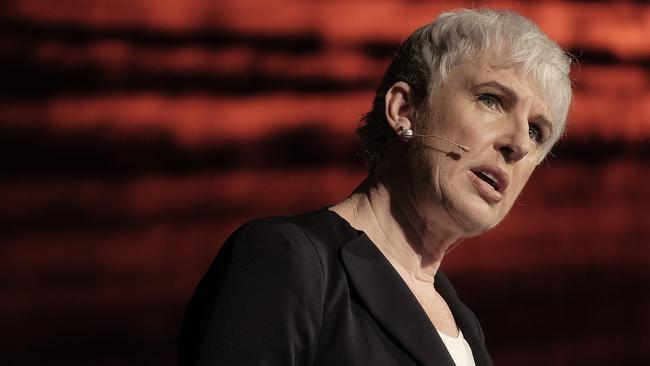
“We’ve been arguing for measures around deregulation, we’ve been arguing for measures with respect to how we can streamline planning approval processes, especially at the federal level, measures in terms of how we fund research and development, and also what we could do in terms of a broadly based investment allowance for businesses,” BCA chief executive Bran Black said on Wednesday.
A decision to extend energy price relief, with Australian households and small businesses receiving a $150 rebate over the next two financial quarters, was panned by Robert Millner, the chairman of diversified investment house Soul Patts, which is a backer of coal miner New Hope.
“You can’t keep paying everybody an energy subsidy all the time,” Mr Millner said.
Despite energy bills being set to increase by up to 9 per cent next financial year, the Albanese government has fallen short of expectations it would extend the $300 rebate for another year when it expires on June 30.
Instead, households and small businesses will receive $150 off their bill from July to December with a 2.5-year run of electricity subsidies to end in January.
This will allow the government to go to the election promising relief for energy costs while absorbing the politically damaging rise in bills early in the next parliamentary term.
Budget estimates forecast annual business investment to grow by 1.5 per cent in both 2025-26 and 2026-27 from 1 per cent in the current financial year, marking a steep fall from the 6 per cent growth achieved in 2024-25.
Treasury warned international developments had cast a shadow over the Australian economic picture.
More Coverage
Originally published as Business leaders slam federal budget as irresponsible





